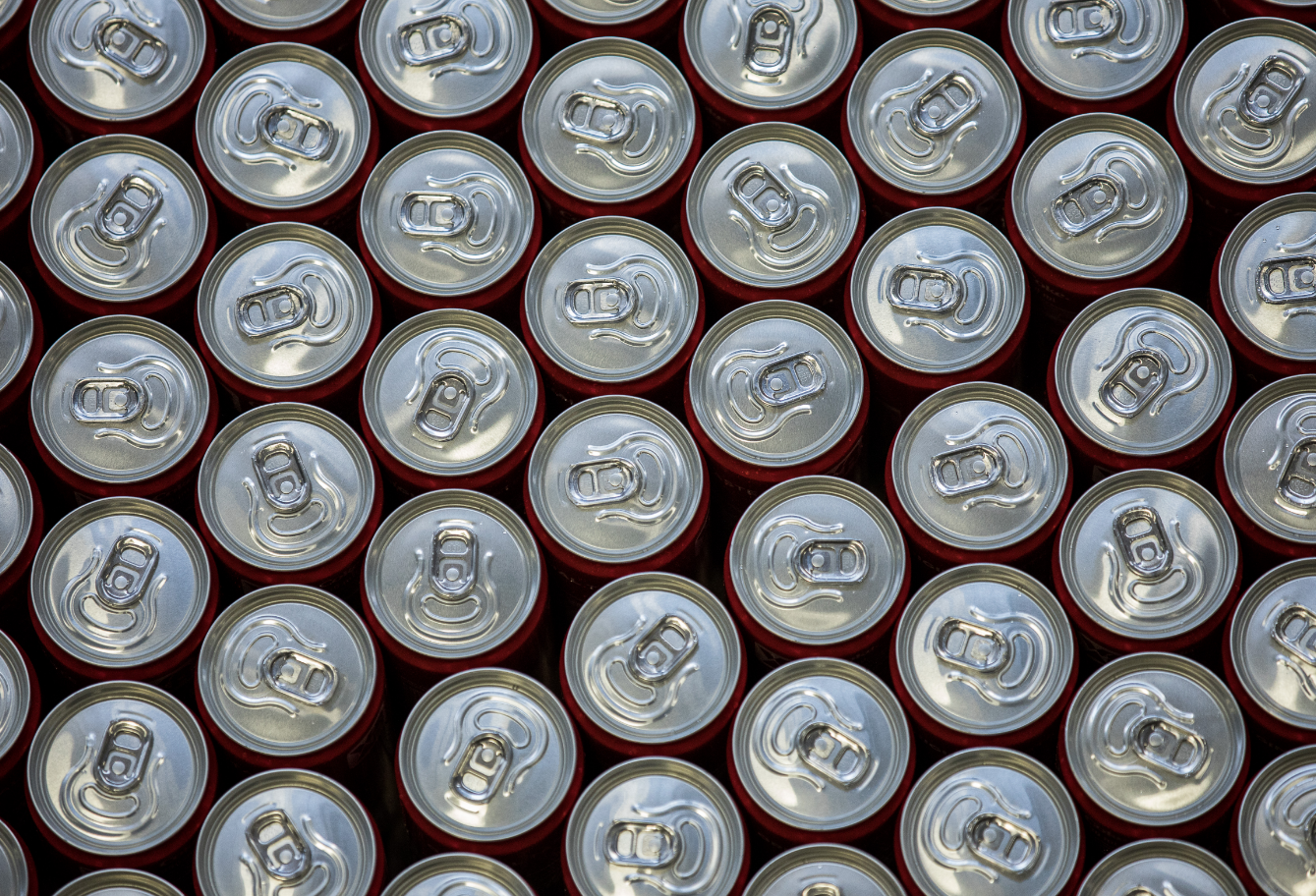'The amount of money that PepsiCo distributed in dividends last year was greater than the total value of the company back at the start of the 1980s.’
Nick Clay
At a time when energy costs, mortgage prices and just about everything else seems to be rising, the last thing many people might want to see is the news that many of the globe’s biggest companies are reporting strong profits.
Indeed, as we hit reporting season and see companies announce the return of paying dividends to their shareholders, we are already preparing ourselves for the public backlash. The argument will go that how can it be fair that companies are rewarding their shareholders at a time when there is a cost-of-living crisis and should we not just be cancelling them and paying staff more?
While we understand the frustration, the problem is the fingers are being pointed at the wrong thing. What we fundamentally love about dividends is that they are generally fair. Unlike a share buyback that invariably gets syphoned to the very top of the company, everyone who owns a share in a company gets a dividend and benefits from their growth.
This is how you are able to try and cope with the impact on your real wealth that a persistent inflationary backdrop generates. When you go back to the 1970s and any other times when inflation has been high, the dividend growth from markets has been able to keep up with inflation through time and therefore allow people to continue to grow their wealth¹.
This leads onto the second part of the argument, which again comes down to misconceptions. If we look at the energy crisis and see the news that these same energy companies are paying out big dividends again – which may be likely over the next two quarters – it could lead to lots of anger. However, this anger could quickly be dissipated once there is the realisation of the importance of these dividends to most people’s second largest asset: their pension.
The long-term driver of total return tends to be the compounding of income. If we are moving back to a more normal investment environment of cycles, volatility or inflation, people will need companies to keep paying and growing those dividends in order to harness that effect on their total return going forwards.
So rather than being a bad thing, we believe that paying dividends actually benefits all parts of society. If you are young and building up your pension, then receiving regular dividends now, which can be compounded for a good 30 years, has incredible power.
Equally, if you are at the latter stage of life and have to live off the income from your pension, having a pension asset that still generates a durable income – and can grow to compensate for rising inflation – is an incredibly important aspect of ensuring your pension pot lasts long enough for a long retirement. So rather than be discouraged and being bashed, the paying of dividends should always be encouraged.
The one thing people should notice is that there is it not one particular sector of the market, such as energy, where companies will be paying the biggest dividends. It will be those strong, durable names and one example that jumps to mind is PepsiCo. The amount of money that PepsiCo distributed in dividends last year was greater than the total value of the company back at the start of the 1980s².
There are now many companies where it is the power of these cash flows and the fact they are in an environment in which they can raise prices – namely they can suffer in an inflationary backdrop – that is allowing them to raise dividends at the same time. It is more a business type rather than a sector type, it’s about dominating a marketplace and therefore having the ability to raise prices, whether this is an energy, luxury goods or consumers staple company.
Of course not every company who puts up prices, generates cash flows and subsequently announces a dividend has the same amount of financial strength. Take Unilever for example. It has put up its price 12.5%, while the volume is falling 2%, so the revenue is growing 10%³. However, putting up prices does mask a lot of things and the halo effect rarely lasts long. Eventually it is unsustainable for certain companies who don’t have the product to back it up, and we would argue this is the case for Unilever.
In these cases we understand there will be a public backlash, but what we are trying to argue is that in conditions where you can no longer get rich over the weekend, dividends are not something to be bashed, but instead potentially treasured.
Sources:
1. According to Bloomberg, average US CPI from Jan 1970 to Dec 1982 was 7.7%. Over the same period S&P500 dividend growth average +7.5% annual growth. Data viewed as at 8th March 2023
2. Bloomberg, as at 8th March 2023
3. Bloomberg as at 9th February 2023
Key Information
No investment strategy or risk management technique can guarantee returns or eliminate risks in any market environment. Past performance is not a guide to future results. The prices of investments and income from them may fall as well as rise and an investor’s investment is subject to potential loss, in whole or in part. Forecasts and estimates are based upon subjective assumptions about circumstances and events that may not yet have taken place and may never do so. The statements and opinions expressed in this article are those of the author as of the date of publication, and do not necessarily represent the view of Redwheel. This article does not constitute investment advice and the information shown is for illustrative purposes only.


